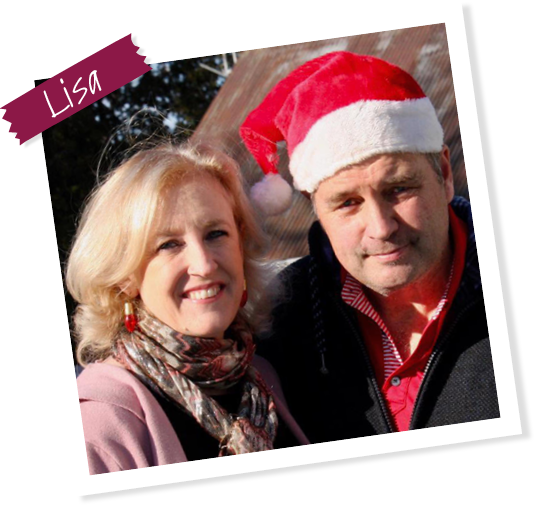Lisa Raitt, Former MP, caring for her husband
 I am a former Member of Parliament; Minister in Government and I previously ran the Toronto Port Authority. I also have a law degree and a master’s in chemistry. Despite this great knowledge, I did not comprehend what I would face after my husband’s devastating diagnosis at the age of 56 of young onset Alzheimer’s.
I am a former Member of Parliament; Minister in Government and I previously ran the Toronto Port Authority. I also have a law degree and a master’s in chemistry. Despite this great knowledge, I did not comprehend what I would face after my husband’s devastating diagnosis at the age of 56 of young onset Alzheimer’s.
During the first few years after my husband’s diagnosis, we continued living as we had and for the most part, we were ok. His cognitive decline started very slow, but it picked up pace in 2019. I grew anxious about leaving him at home because he was becoming unpredictable, so I spent most of my time with him. As the sole breadwinner of the family, I had to continue working, and as Bruce’s disease progressed, he needed more and more support.
The most difficult part of my caregiving journey began in mid-2020 when the behavioural side of Alzheimer’s took hold. That’s when we were struggling. At first, he was talking to people who weren’t there or the mirror but was not aggressive. He soon grew agitated because the people in the mirror wouldn’t leave. He also began forgetting who I was and would go in and out of lucid moments. We sought medical treatment and tried to treat it on an outpatient basis for a few months and saw some improvement. This, however, didn’t last. He wouldn’t sleep through the night and would wake up in an aggressive state and I would get up with him to make sure he was okay, all the while I was working full time. I would cry because of my lack of sleep, the deterioration of my husband, and being constantly worried about him and what I had to do next. My mind was so preoccupied with all of what I had to do that I did not have time to think and really feel my emotions. In the morning I would entertain and diverge and at night I would calm him when he would wake up and get aggressive.
Although he didn’t remember me all the time, he liked me and was never aggressive towards me. I expected that he would forget who I was, and although it hurt me, I was prepared for it. What I was not prepared for was the extent to which he became violent, agitated and aggressive. I loved the man but hated the disease.
Then on New Year’s Eve 2020, I had to call 911 because he was getting violent towards my son and ended up putting him in Baycrest hospital so that he could get the medical care he needs. There was an unbearable sadness for the next two months as I knew he was never coming home again. He is going to go from the hospital, to the long-term care home when a spot opens up. That’s when the loss of my partner sank in. On top of that loss, I felt so guilty for putting Bruce in the hospital, but I started asking myself, how much of me wanting to keep him home was for me and how much of it was for him? I felt guilty that I couldn’t keep him at home, but nobody can provide the constant care and attention that a hospital gives with around the clock staff.
We need some heavy-duty policy changes in Canada. There needs to be a step in between taking care of your loved one at home and resorting to an extreme like having to call the police. There needs to be a system where caregivers and patients can access health professionals that can help inform and train families of necessary next steps in planning and what to expect. The waitlists for beds in hospital behavioural units are so long and these units are not even available in some places. Of the critical psychiatric beds in Canada, 60 percent are taken up by dementia patients. It’s not meant for dementia patients, it’s a holding place. We need people with lived experience to be part of the creation of a solution.
